On 26th July 2024, performers from the US actors union SAG-AFTRA began a strike after failing to reach a deal with major video game companies over the use of AI. Negotiations had been ongoing for more than a year and a half; now, six months later, the strike continues, delaying game production and leaving actors out of work.
While actors from the union have negotiated on various critical issues, including wages in-line with inflation and job safety, the exploitative use of AI and the use of actors’ voices without consent remains the major sticking point. And while an interim Interactive Media Agreement between SAG-AFTRA and the games industry is currently in place to allow some production to continue (and provide acting work), a full resolution is yet to be found.
So why are negotiations taking so long? Celebrated voice actor Jennifer Hale (Mass Effect, Bayonetta 3) tells Eurogamer she’s not surprised: “AI is an existential issue for all of us”.
“It’s a huge issue for all of us and the repercussions are vast,” she says. “So to me, it makes sense that everyone needs to take their time. As performers – and we saw this in the writers strike and the theatrical contract strike – we’re just the canary in the coal mine.
“I’ve been speaking to people on both sides over the last few months especially and there’s a lot to learn on both sides,” she continues. “Some of the decision makers in that room who hold significant power are at the same time quite disconnected from how production happens. There are also many in that room who are deeply connected to the process. So there is such a wide variety of agendas at play.
“The producers who actually do the work with us, they want to get back to work and they are open to having really productive conversations. I think the people in the room who are representing a more large-scale corporate interest, their priority is profit protection in the future, which means leaving all the options open. But what I’m not sure they understand is that leaving those options open leaves performers in great jeopardy.”
Hale was on the SAG-AFTRA committee in 2016 when it negotiated the Interactive Media Agreement renewal previously. But, she explains, there’s an important difference this time around.
“In 2016 we could actually have sidebars and talk directly with each other, the two sides,” she says. “My understanding is that in this particular negotiation up until very, very recently, they haven’t been allowed to talk to each other. They can each talk to their attorney, and then the attorneys talk to each other. And until you have the people with the vested interest having the conversations, all that’s happening is billable hours are going up.”
“Until you have the people with the vested interest having the conversations, all that’s happening is billable hours are going up.”
Still, 2016 was nine years ago and, as Hale points out, times have changed since then. In particular, AI is far more prominent in our everyday lives – let alone game development – meaning the conversation around its use is more complex, and urgent.
“I think it’s absolutely critical to pay attention to the context that we’re now negotiating in. It’s so vastly different from the last negotiation,” she says. “The world is so much more polarised. We all live in these crazy echo chambers where we are righteous and certain of ourselves, and righteousness and certainty are the road to destruction. A great negotiation ends up with everybody being a little unhappy. I think it’s really important that we all remember, that is the definition of compromise. We’re not in there to get our way. We’re in there to protect our future.”
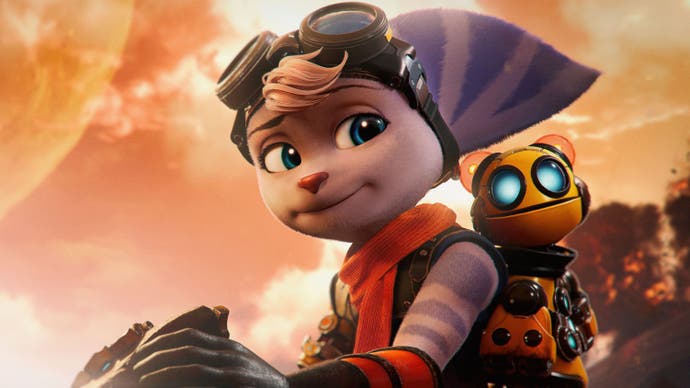
So what is it that actors want out of this negotiation? Hale puts it succinctly: “ownership over our own voices”.
Last March, ahead of the strike, SAG-AFTRA national executive director and chief negotiator Duncan Crabtree-Ireland stated the union’s aim was to “make sure the implementation [of AI] is human-centred and focused on augmentation [of production], not replacement of people” and that “consent and compensation” were critical.
Hale echoes those feelings now. “We need to be able to control when our voice is used,” she says. “I don’t want my voice used on a project that I would never support or that I didn’t say yes to. We need to be compensated for when our voice is used, because we are paid for our exposure as much as for our time.”
“We all deserve the right to say, yeah, you can use my voice,” she says. “And if you take my voice without my permission, that’s theft.”
Hale highlights the “incredible unity” from actors around the globe supporting the strike, including the “great support” in the UK. While the UK actors union Equity has not authorised a strike due to UK law, it has said it “stands in solidarity with SAG-AFTRA”. In 2023, Equity launched a “ground-breaking AI toolkit” to protect performers.
“If you take my voice without my permission, that’s theft.”
For SAG-AFTRA members, the interim Interactive Media Agreement is in place with over 130 games signed to it, Hale explains. “I’m seeing a lot of game companies come around, look over the interim agreement – which is essentially the things that we’re asking for – and say, ‘This is really reasonable, sign me up’,” she says.
Why, then, has that interim agreement not transferred to a proper agreement? It’s because of the fine print, says Hale. “There are a couple of entities who want to protect their potential profits in the future and leave lots of doors open, and those doors could potentially hurt us a lot,” she says. “You don’t write rules of the road for most sensible, considerate people. You write them for the ones who are going to drink-drive and take somebody out.”
For Hale, and many of her peers, the use of AI is “not a union issue” but an existential one not easily tied up in an agreement. And she believes humans need to take responsibility.
“AI is a tool, like a hammer,” she says. “I can take my hammer and I can build you a house, or I can take my hammer and I can break your kneecaps. But in either instance, I, the human, am the one wielding the hammer, and everybody out there is responsible for this. We cannot blame the tool.”
She surmises: “Everything has a price, shortcuts included.”
And if you think Hale is over-exaggerating the risks of AI, it’s worth remembering that it’s not just legitimate developers who now have access to actor’s voices. Tools to mimic and use video game characters have already been used by modders creating non-consensual deepfake content. There was also the case of a Twitch streamer using a Baldur’s Gate 3 actor’s voice to read sexually violent pornography.
“For me, it comes down to two phrases,” Hale says. “‘Don’t be a jerk’.” And also “Does your mother know what you’re doing? Does your grandmother? Could you do it in front of them? Then don’t freaking do it.”
Still, Hale is positive about the future of her profession. That’s in part due to services like Ethovox – set up by actor Cissy Jones – to safeguard performers. “It is so conscientiously run,” says Hale, praising Jones for not only educating performers but listening to their needs.
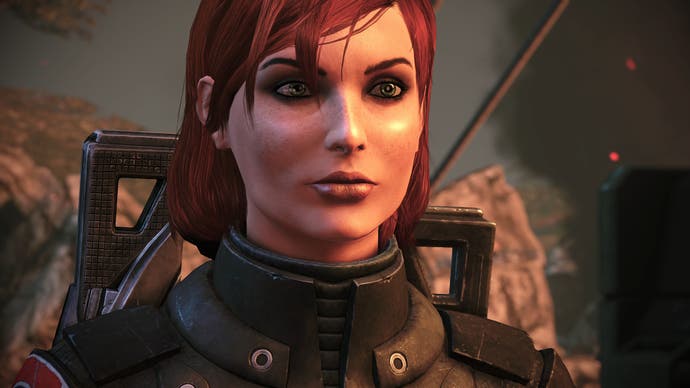
Indeed, Hale believes AI and acting can absolutely coexist. “I think AI has incredible potential for actors of all flavours… I think there’s a wonderful partnership to be worked out,” she says. “As long as everyone’s sharing the benefits. We only get into trouble when people do it without asking, when they feel they have a right to who you are, and when they keep everything for themselves.”
More broadly, though, video games are works of art created by humans and Hale still deeply believes that should be celebrated. “Some people are going to save a few bucks and do the AI thing,” Hale admits, “but I think it’s going to very quickly become a mark of prestige and of quality to say, ‘I have humans in my game’.
“What gets you in a game is that feeling you get. And that feeling was caused by a spark in a human soul, a human wrote that, and then a human performed it and felt it and experienced it, so that you, the human player, can do the same. There is a spark of divinity in the human soul that cannot be denied and cannot be duplicated. I’m not worried.”
fbq('init', '560747571485047');
fbq('track', 'PageView'); window.facebookPixelsDone = true;
window.dispatchEvent(new Event('BrockmanFacebookPixelsEnabled')); }
window.addEventListener('BrockmanTargetingCookiesAllowed', appendFacebookPixels);
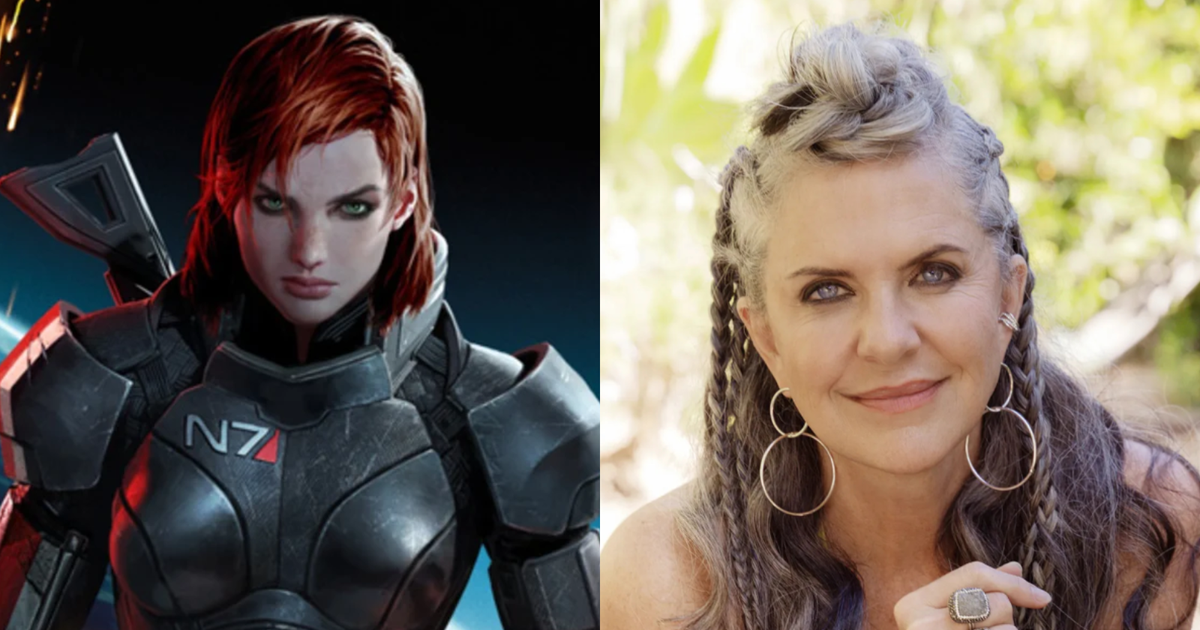
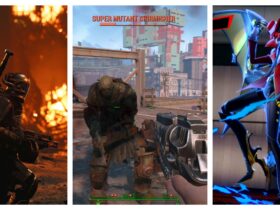

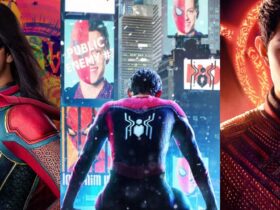
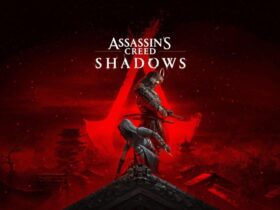

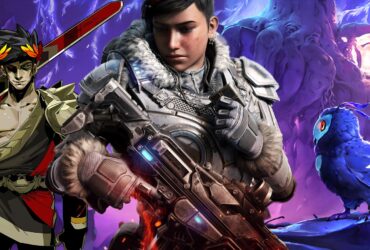

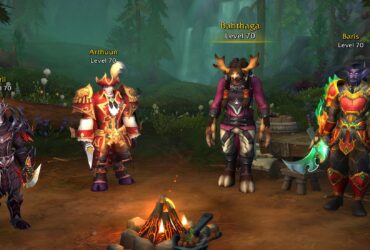
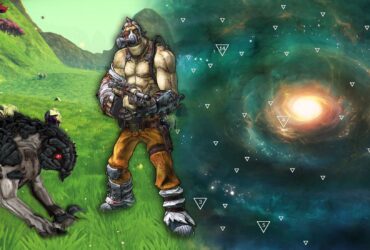
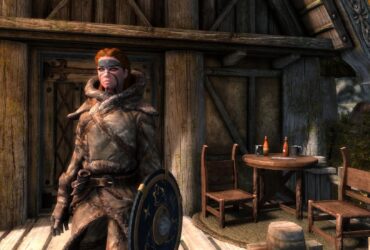

Leave a Reply